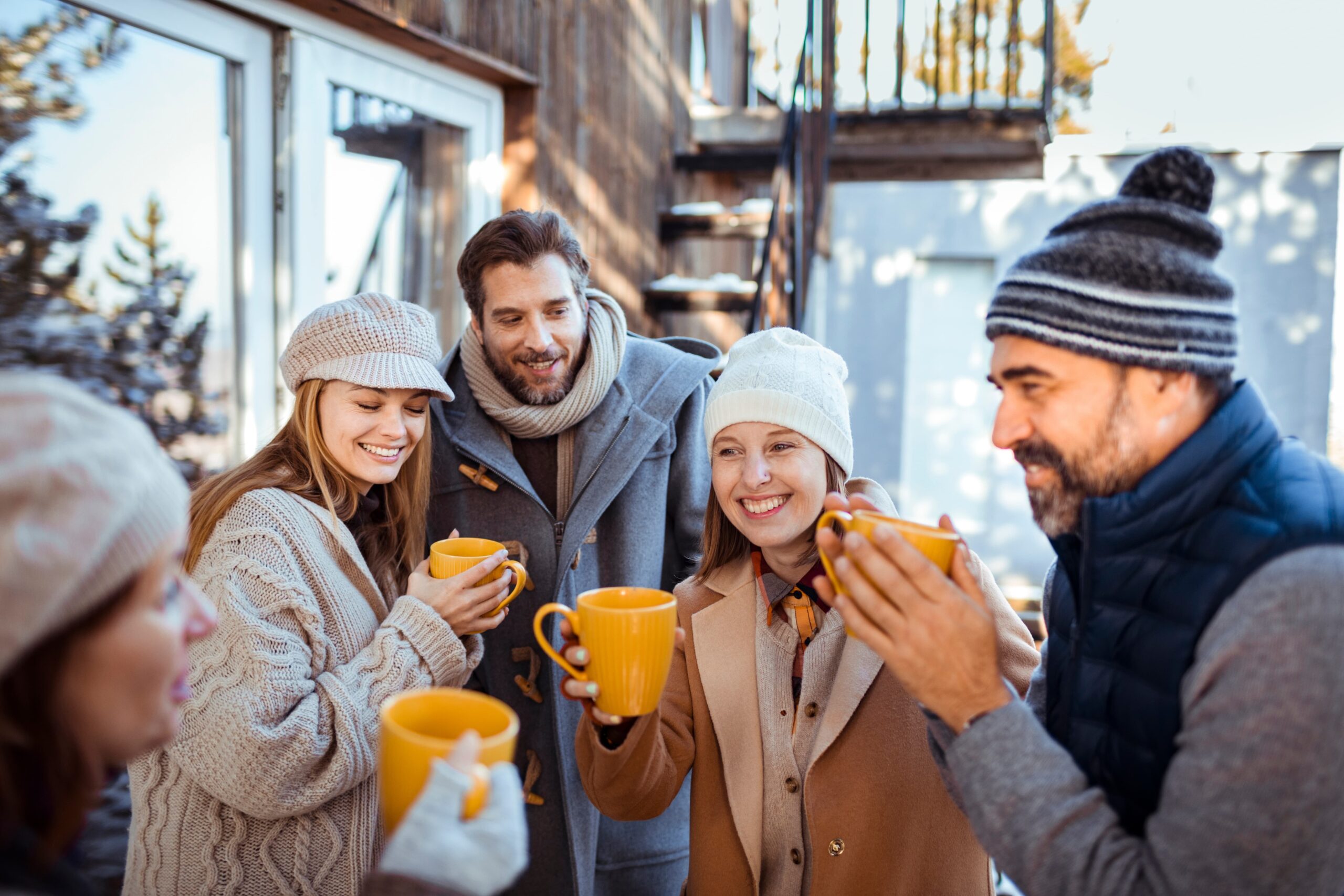How to Plan for Sober Holidays
🎧 Listen to:
How to Plan for Sober Holidays
Staying sober during the holidays can be challenging but manageable. Here’s a quick guide:
Plan ahead for events and gatherings
The holidays can be both good and bad for healing. There is warmth, heritage, and connection on one side. On the other hand, there are drinking rituals, reminders of previous habits, and stress. You don’t have to skip the holidays if you’re determined to stay clean; you just need a different approach. You can make this time of year both meaningful and safe by getting ready, setting limits, and asking for help.
First, look ahead and plan what you need to do throughout the holidays. Make a list of every party, get-together, and even low-key hangout. Be honest about which ones you think are “safe” and which ones you think are risky. Make a choice today about which events you will miss, which ones you will go to, and how long you will remain. It’s not about being strict; it’s about providing yourself permission and a clear way out so you never get stuck in a scenario that makes you feel bad.
Prepare a drink strategy
Next, make a strategy for your drinks. Bring some sober drinks you like to a party, like sparkling water, mocktails, or even flavored tea. Holding something and sipping it provides a sense of normalcy and choice. Try saying this simple sentence to turn down offers: “I’m not drinking tonight.” That’s enough; you don’t have to explain yourself any more.
Get your support system ready
Get your support system ready ahead of time. Let your therapist, sponsor, or close friends know what your holiday plans are. When you think things will be hard, ask a few folks to check in with you via text, phone, or in person. If an event is going to be hard, bring a sober friend or go with someone who knows what you’re going through in your recovery.
Maintain grounding routines
More than ever, routines are important. Even if the season is full of changes, keep doing the things that keep you grounded, including morning meetings, meditation, journaling, exercise, or checking in with yourself every night. These little things you do every day can help you deal with the turmoil and remind you that getting better is your top goal, holiday or not.
Set limits and boundaries
Make sure you and others know what your limits are. You can say “no” to events that make you feel unsafe or limit how long you stay. You don’t have to take part in every holiday custom or every toast. If a conversation goes back to the past, think about how you’ll answer or gently steer it in a different direction. Having a script in your head, such as “That’s not a conversation I want to have tonight,” can help you stay sober and keep your peace.
Create sober traditions
Make sober holiday traditions that make you feel good. It may be a winter stroll, a night of hot cocoa, singing carols with a friend, or helping out at a shelter in your area. Traditions don’t have to involve drinking; they can also be based on meaning, connection, or service. Because they show who you are now that you’re in recovery, these rituals can be stronger than old, dangerous ones.
Use coping tools proactively
Make sure you have ways to deal with things when they get hard. Find out what makes you feel bad, such as family pressure, loneliness, or recollections from the past, and plan beforehand how you’ll react. You may take a five-minute stroll, perform deep breathing, go outside to text a buddy, write in a diary, or phone your support network. Don’t only use these tools when you need them; use them before you need them.
Prioritize self-care
Don’t forget to take care of yourself. The holidays take a lot of energy. You might feel like you have to go to every event, host, or entertain. Give yourself radical freedom: take breaks when you need to, say no to plans that make you feel tired, and be kind to yourself. Take warm showers, get enough sleep, eat healthy meals, and set aside time to reflect.
Have a relapse prevention plan
Make a plan to avoid relapsing. Check in with yourself every day — are you getting exhausted, angry, or alone? These can be symptoms that something is wrong. If they come up, get in touch right away. Call your sponsor, talk to your therapist, or go to a support group. Noticing is the first step toward prevention, and asking is the first step toward action.
Celebrate your progress
Be proud of how far you’ve come and how much you’ve grown. The holidays are a great time to reflect on your progress. Take a moment to acknowledge the challenges you’ve overcome and the strength you’re building now. Write a gratitude list, send thank-you notes, or treat yourself to something meaningful that supports your sobriety.
Seek support when needed
Finally, remember you don’t have to do this by yourself. Recovery is a community effort, especially during emotionally charged times like the holidays. Inspire Recovery Center is here to help you navigate this season safely, providing tools, support, and understanding. Planning a sober holiday doesn’t mean giving up happiness; it means choosing joy that lasts.

